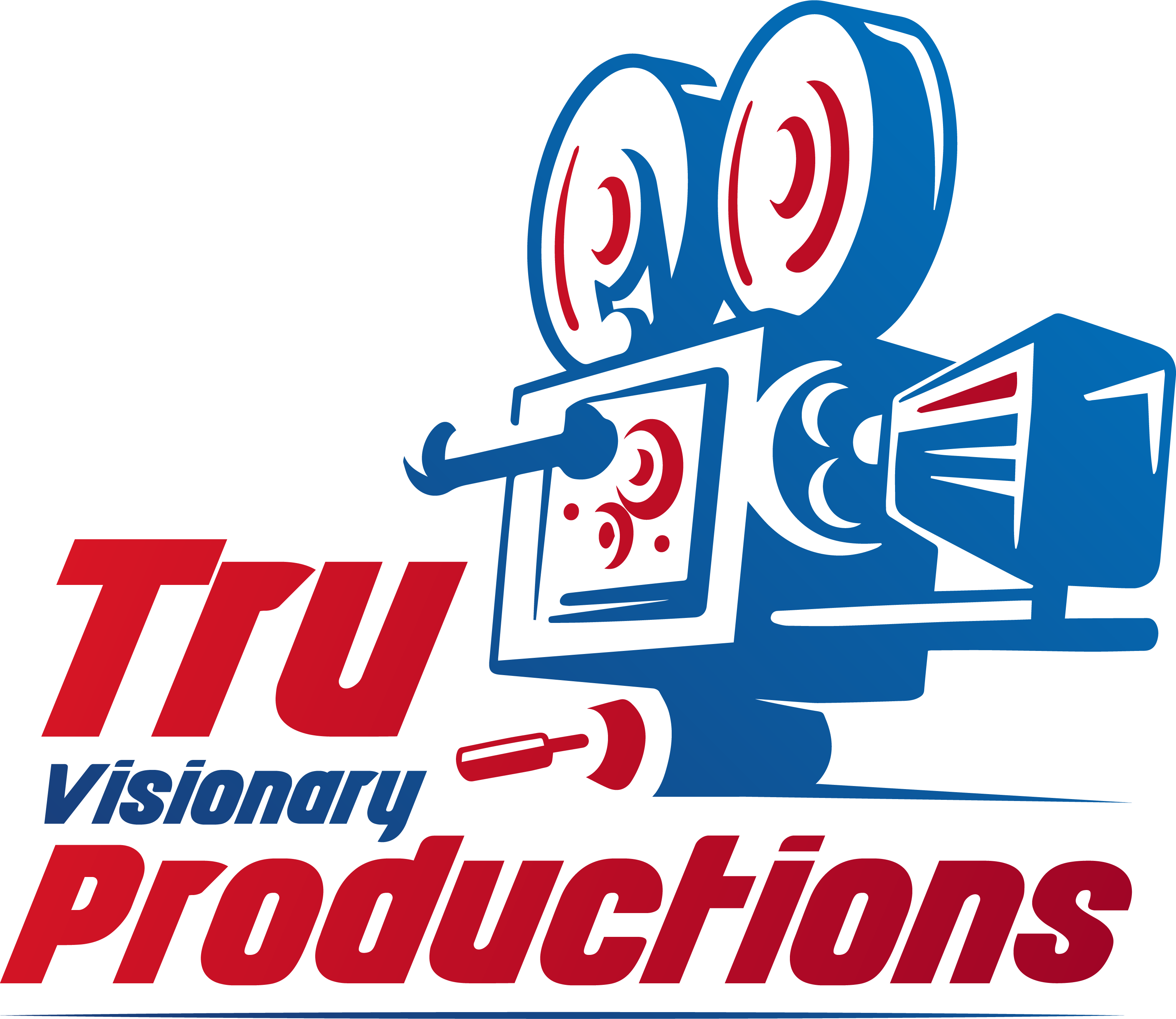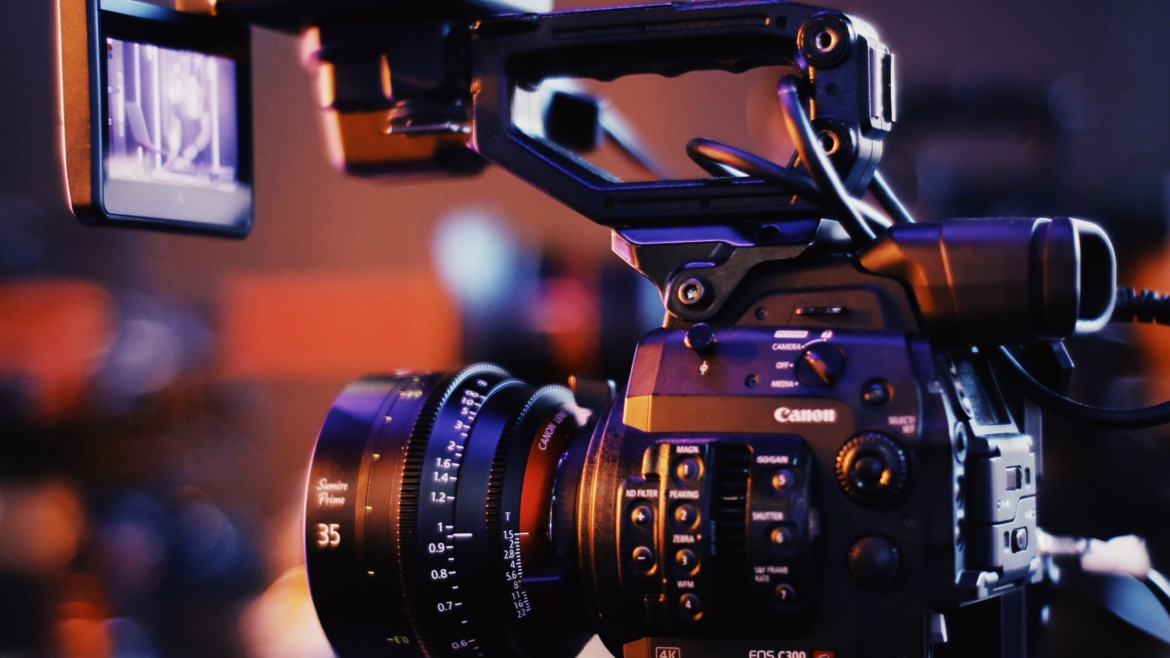Filmmaking is the process of making a film. Filmmaking involves a number of discrete stages including an initial story, idea, or commission, through scriptwriting, casting, shooting, editing, and screening the finished product before an audience that may result in a film release and exhibition. Filmmaking takes place in many places around the world in a range of economic, social, and political contexts, and using a variety of technologies and cinematic techniques. Typically, it involves a large number of people, and can take from a few months to several years to complete.
Who is a filmmaker?
Traditionally, the roles of producer and director are clearly demarcated.
The responsibilities of each position are great enough to keep a single person occupied for each role. It’s inefficient for the roles to be combined.
However, when budgets are tight, often it is the director who must take on producer duties as well, which includes raising funds, managing contracts, insurance, legal papers, and a host of responsibilities that distract from the task of film direction.
A filmmaker has no clear demarcation of responsibilities. He/she must do whatever it takes to get the job done, because most independent filmmakers work outside the ‘system’.
Filmmakers are not ‘hired’ but are the originators of a feature film from concept to execution to release (and beyond).
Now that you know what a filmmaker is responsible for it’s time to know where everything starts (the easy part), and where everything ends (the not-so-easy part).
What are the steps involved in filmmaking?
We can divide the entire filmmaking process into these steps:
- Writing and Development
- Pre-production (or Prep)
- Production
- Post Production (or Post)
- Marketing and Publicity
- Release, Sales and Distribution
- Royalty and Maintenance


